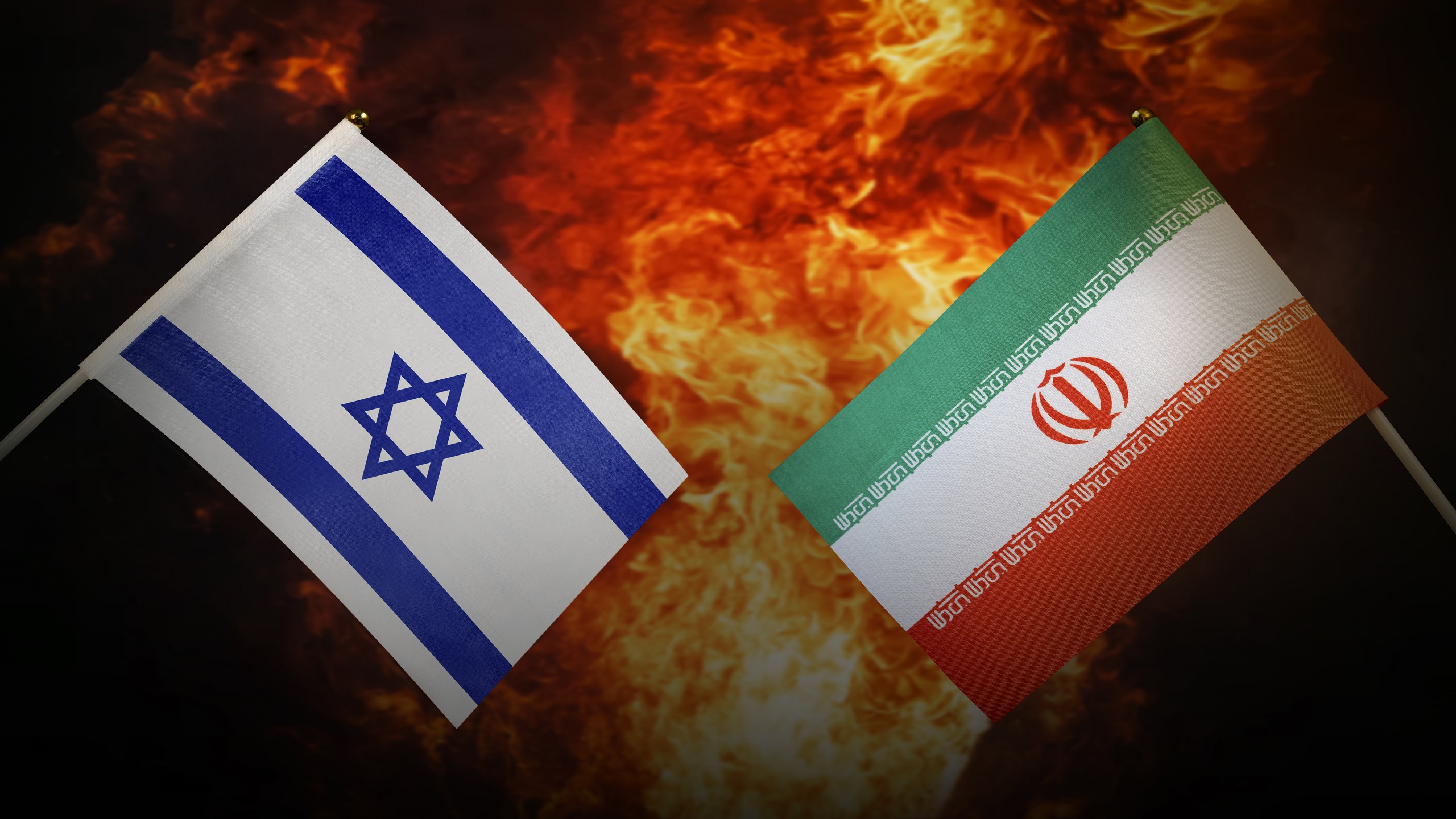Iran Poised To Strike Israel Amid Rising Tensions
Iran is reportedly preparing to launch a direct attack on Israel in the coming days, following Israeli strikes on Iranian military facilities last month. According to sources cited by Al Arabiya on Sunday, Iranian forces are positioning themselves to retaliate against Israel’s actions in October, heightening concerns of a broader conflict in the Middle East.
Iran’s Supreme Leader Ali Khamenei has issued new threats against both Israel and the United States, promising a “crushing response” to Israel’s recent military operations. This anticipated assault would mark the third direct action by Tehran against Israel since the outbreak of the Israel-Hamas war on October 7, 2023.
Uncertainty surrounds whether Iran plans to launch the attack from its own territory or utilize bases in Iraq. Intelligence reports suggest that Tehran may be transferring ballistic missiles and related equipment to Iraqi soil, possibly intending to strike Israel from there. Israeli officials have identified potential targets in Iraq and have warned Baghdad to prevent Iran-backed militias from using Iraqi territory to stage attacks. Iraqi sources express concern that Iran is attempting to shift the battleground away from its own land.
Give the gift of hope
We practice what we preach:
accurate, fearless journalism. But we can't do it alone.
- On the ground in Gaza, Syria, Israel, Egypt, Pakistan, and more
- Our program trained more than 100 journalists
- Calling out fake news and reporting real facts
- On the ground in Gaza, Syria, Israel, Egypt, Pakistan, and more
- Our program trained more than 100 journalists
- Calling out fake news and reporting real facts
Join us.
Support The Media Line. Save democracy.
In response to the escalating threats, the United States has begun reinforcing its military presence in the region. The Pentagon announced the deployment of B-52 Stratofortress strategic bombers to the Middle East. These long-range, nuclear-capable bombers are intended to bolster US defenses and serve as a deterrent against potential Iranian aggression. “The Biden Administration recently cautioned Iran against launching another attack on Israel, emphasizing that it could not restrain an Israeli response if provoked again,” a senior US official told Walla news.
Conflicting reports have emerged regarding the possible closure of Iran’s airspace. Iranian media outlets initially reported that Iran would close its airspace from Monday until Wednesday, coinciding with the US elections. The closure was said to be based on an official memorandum from the Civil Aviation Organization of Iran, possibly as a precautionary measure amid discussions of Iranian preparations for a potential response to Israel’s recent military strike.
However, Iranian officials have denied these claims. Ja’afar Yazerlou, spokesman for Iran’s Civil Aviation Organization, refuted the rumors on Sunday. “The source of the claims shared on hostile websites and news agencies … is strongly rejected, and such claims are absolutely untrue,” Yazerlou told the state media site IRNA. He attributed the rumors to a “Hebrew tweet” and emphasized that Iran’s airspace remains open.
Brig. Gen. Ali Fadavi, deputy commander-in-chief of the Iranian Revolutionary Guards, stated that Iran’s retaliation for the latest Israeli attack is “inevitable.” Israeli public radio has reported military movements within Iran indicating preparations for possible retaliation. In a recent interview with the Hezbollah-affiliated Lebanese newspaper Al-Akhbar, Haidar al-Lami, a member of the political bureau of Harakat Hezbollah al-Nujaba—an Iraqi armed militia—said that his organization was coordinating with Iran to strike Israel.
Israel has been on high alert since Iran’s previous attacks. On October 1, Iran launched approximately 200 ballistic missiles at Israel, resulting in the death of a Palestinian man in the West Bank. In retaliation, Israel struck Iranian military sites on October 26, aiming to disable Iran’s ability to produce ballistic missiles. Iranian officials reported that at least five people were killed in those strikes.
The situation raises international concerns about the potential for a wider regional conflict, especially with the U.S. presidential election approaching. Any further escalation between Iran and Israel could draw in various proxy groups, including Hamas, Hezbollah, the Houthis, and militia groups in Iraq, further destabilizing the Middle East.



